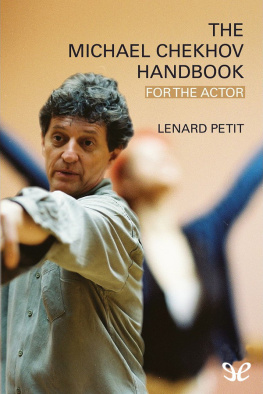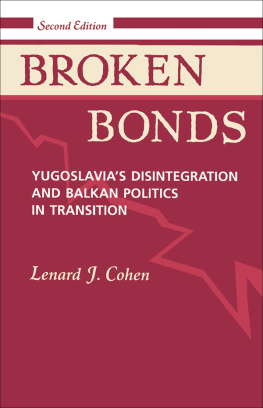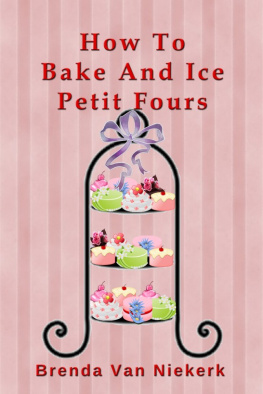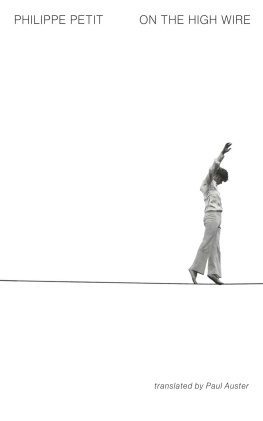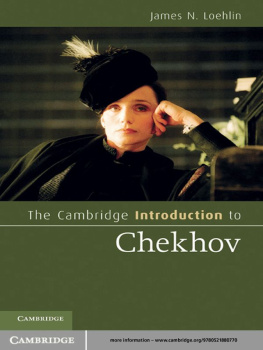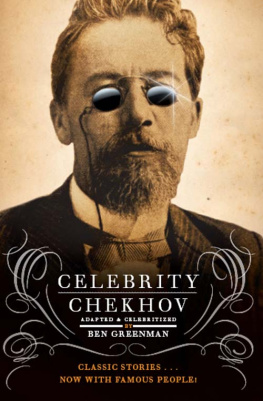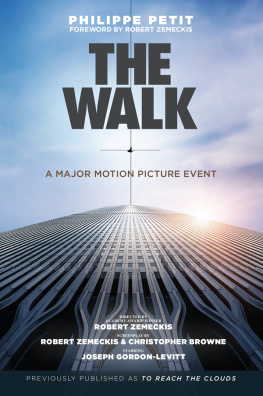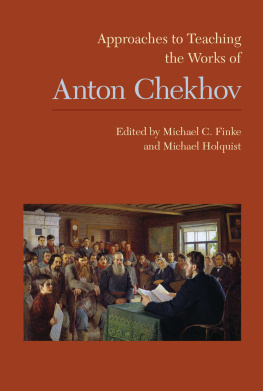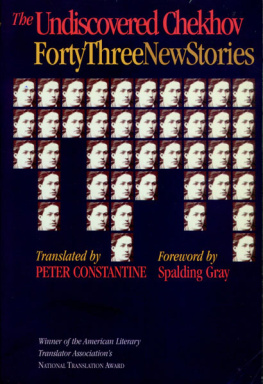Lenard Petit - The Michael Chekhov Handbook
Here you can read online Lenard Petit - The Michael Chekhov Handbook full text of the book (entire story) in english for free. Download pdf and epub, get meaning, cover and reviews about this ebook. year: 2010, publisher: ePubLibre, genre: Religion. Description of the work, (preface) as well as reviews are available. Best literature library LitArk.com created for fans of good reading and offers a wide selection of genres:
Romance novel
Science fiction
Adventure
Detective
Science
History
Home and family
Prose
Art
Politics
Computer
Non-fiction
Religion
Business
Children
Humor
Choose a favorite category and find really read worthwhile books. Enjoy immersion in the world of imagination, feel the emotions of the characters or learn something new for yourself, make an fascinating discovery.
- Book:The Michael Chekhov Handbook
- Author:
- Publisher:ePubLibre
- Genre:
- Year:2010
- Rating:4 / 5
- Favourites:Add to favourites
- Your mark:
- 80
- 1
- 2
- 3
- 4
- 5
The Michael Chekhov Handbook: summary, description and annotation
We offer to read an annotation, description, summary or preface (depends on what the author of the book "The Michael Chekhov Handbook" wrote himself). If you haven't found the necessary information about the book — write in the comments, we will try to find it.
The Michael Chekhov Handbook — read online for free the complete book (whole text) full work
Below is the text of the book, divided by pages. System saving the place of the last page read, allows you to conveniently read the book "The Michael Chekhov Handbook" online for free, without having to search again every time where you left off. Put a bookmark, and you can go to the page where you finished reading at any time.
Font size:
Interval:
Bookmark:

LENARD PETIT. Is a director /actor who resides in New York City. He has been working in the theater for thirty years collaborating with other artists to create original works for the stage, cinema, and television. He has directed plays and performance pieces on and off Broadway and in as well as out of the United States. As an actor he has performed in some works of such notable directors as Julie Taymor, Meredith Monk, Richard Foreman, Ping Chong, and many others. Mr. Petit is the Artistic Director of The Michael Chekhov Acting Studio. As one of a handful of teacher students trained by the original members of Michael Chekhovs Theater School his knowledge of the technique coupled with his gifts have brought him to be recognized as one of the foremost teachers of this technique in the world.
As a member of the international Michael Chekhov Association, he has been invited to teach Master classes at the Moscow Art Theater, The International School for Film and Television in Munich, Helsinki University, as well as acting workshops in Denmark, Amsterdam, Madrid, Berlin, Zurich, London, Riga, and Irkutsk Siberia. For the past 14 years he has been teaching Chekhov Technique in the MFA Acting program at Rutgers University.
This book is dedicated to the
two sustaining loves of my life,
Meg and Luke Pantera/Petit
Lenard Petit, 2010
Retoque de cubierta: Titivillus
Editor digital: Titivillus
ePub base r2.0
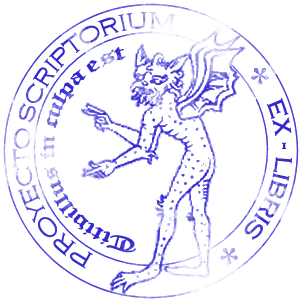
Petits words go right to the heart of Chekhovs technique Anyone looking for a key to understanding more about Michael Chekhovs technique will devour it. Jessica Cerullo, Michael Chekhov Association, NYC
The Michael Chekhov technique is today seen as one of the most influential and inspiring methods of actor training in existence. In The Michael Chekhov Handbook, Lenard Petit draws on twenty years of teaching experience to unlock and illuminate this often complex technique for those studying, working with or encountering it for the first time.
Petit uses four sections to help readers approach the technique:
- the aims of the technique outlining the real aims of the actor
- the principles acting with energy, imagination and creative power
- the tools the actors use of the body and sensation
- the application bringing the technique into practice.
The Michael Chekhov Handbooks explanations and exercises will provide readers with the essential tools they need to put the rewarding principles of this technique into use.
Lenard Petit is the Artistic Director of The Michael Chekhov Acting Studio in New York City. He teaches Chekhov technique in the MFA and BFA Acting programmes at Rutgers University. He was a contributor and co-creator of the DVD Master Classes in the Michael Chekhov Technique, published by Routledge.
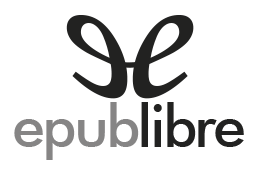
Lenard Petit
For the Actor
ePub r1.2
Titivillus 09.02.2019
I would like to thank Talia Rodgers and Ben Piggot at Routledge for taking this book idea seriously and guiding me through the process of its acceptance and release.
I would like to thank all my teachers who pointed me in the directions I have gone in. This book could not have happened without them. None of them are still with us, so Ill keep their names in my heart.
Thanks to PAJ Books for permission to include some words of Michael Chekhov from their publication, Lessons for the Professional Actor.
I am very grateful to Rutgers University for giving me the playground to develop this material over a number of years; with great support from Carol Thompson, Barbara Marchant, Kevin Kittle, Deborah Hedwall and Heather Rasche. I should also like to thank Maggie Flanigan and the actors at her studio in New York City for allowing me to include their responses in this book.
A special thanks is reserved for Bethany Caputo and Judith Bradshaw for transcribing numerous workshops and including invaluable observations about the results of teaching this work. Also to James Luse, Janet Morrison and Mel Shrawder for reading the manuscript and assisting me in its presentation. To Edward Marritz for his photographic eye.
I need to thank my colleagues at MICHA: Joanna Merlin, Jessica Cerullo, Marjolein Baars, Ted Pugh, Fern Sloan, David Zinder, Sarah Kane and Ragnar Freidank for their confidence and enthusiasm for my ideas and work.
I also want to thank my students, actors who continually inspire me to create new things for them to play with, but especially Scott Miller, Sal Cacciato, Jessie Greene, Tyree Giroux, Ben Bauman, John Rawlinson, Brian Parrish, Jonathan Day, Bryan Cohen, Jessica Savage, Glenn Cruz, Caron Levis, Oliver Martin and Juliette Bennett, for showing up all the time and digging into the work.
The biggest and most profound thanks goes to Michael Chekhov, whose genius continues to vibrate all around me.
If I could have, I would have asked Michael Chekhov: What do you believe is the most important factor in your method? Instead, I asked my teacher, Deirdre Hurst du Prey, Chekhovs student and secretary for 20 years. That would be Truth, she answered. This is a big idea, but simple enough. The difficulty is in keeping it simple. Once it gets complicated the truth becomes more and more elusive. I want to speak from this place of simplicity, where I found my own truth, because useful acting techniques can only be about ones own truth, the truth one is experiencing in the moment.
The Michael Chekhov technique is a very free way to work as an actor. The material we encounter is immediately provocative and rewarding. I have been a practitioner of this approach for 30 years. I have been a teacher for nearly 20 years. I know most of the Chekhov teachers professing this work throughout the world today. It is not such a large community, and I am very happy to be a part of it. One striking thing about this group of teachers is that we are individual in how we see things and how we do things, yet the essence of the work shines in all of us. We stress the elements of the technique in different ways. We have all found what we believe to be the essential elements for our own work. We each go our own way in the technique. Chekhovs methods are actually limited in scope. His intention is to lead the actor to an inspired performance. The ways in which we can bring ourselves to inspiration are limited. This is actually a good thing because we can choose exactly how we will work and in what manner we will approach the role; and we will expect not to flounder.
I am now presenting an approach to this method, and I want to make it clear from the start that what you will find here is how the technique has come to me, how it speaks to me, and how I have made it my own. I quote Chekhov in these pages, but I choose the words that have caused a stirring in me. I do not believe there is one orthodox way of teaching or using this technique. I have seen some extraordinary teaching and it was new to me, things I had never seen nor considered before, but I recognized how Chekhov these new things were. It is easy to know when it is Chekhov, and also easy to know when it is not. The purpose of the technique is to inspire, to find a creative state that is both pleasing to be in, and also full of the power of expressing oneself. Through the principles he offered to us, Chekhov expected each actor to find his own technique, his own way of working.
Font size:
Interval:
Bookmark:
Similar books «The Michael Chekhov Handbook»
Look at similar books to The Michael Chekhov Handbook. We have selected literature similar in name and meaning in the hope of providing readers with more options to find new, interesting, not yet read works.
Discussion, reviews of the book The Michael Chekhov Handbook and just readers' own opinions. Leave your comments, write what you think about the work, its meaning or the main characters. Specify what exactly you liked and what you didn't like, and why you think so.

